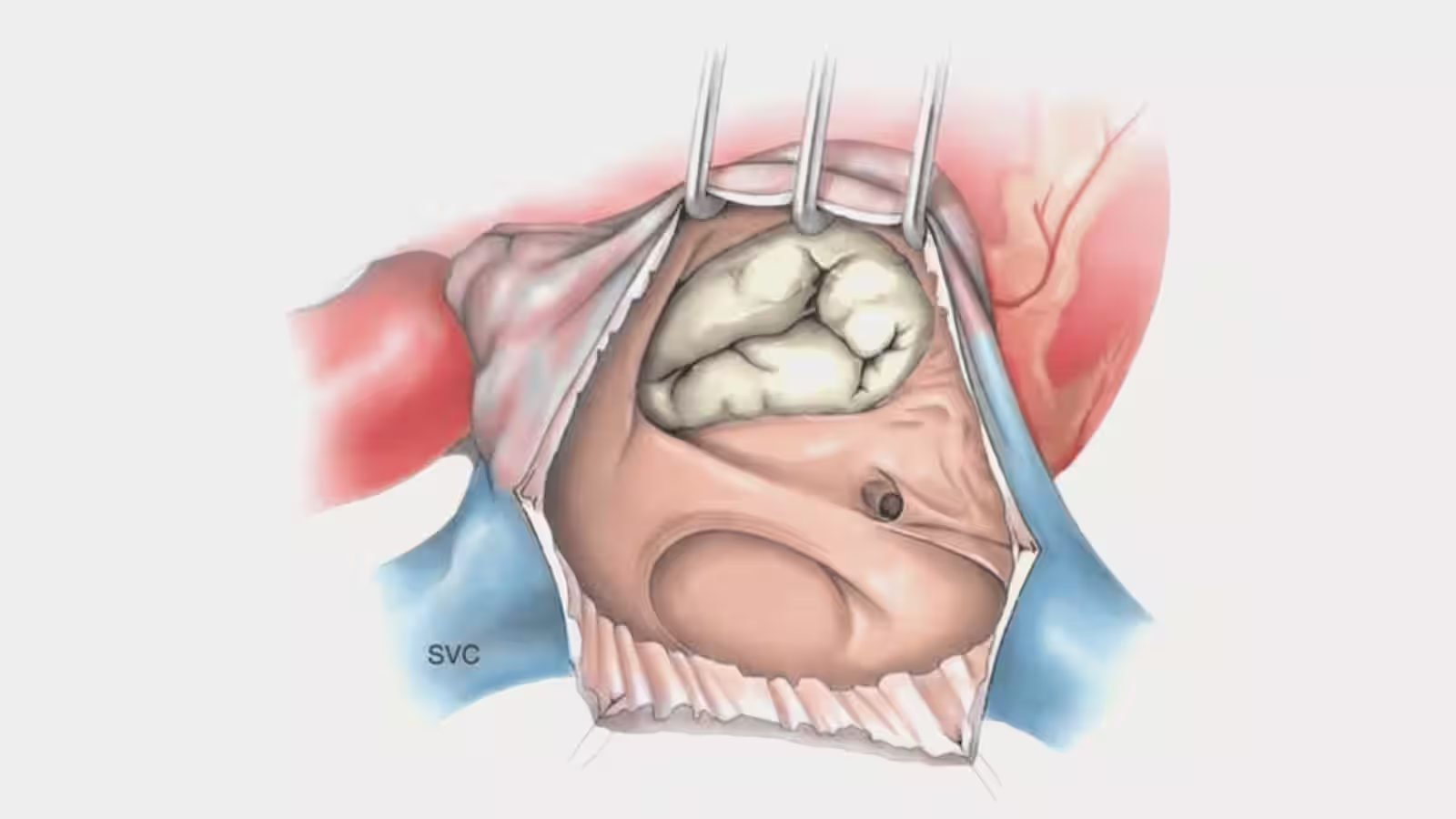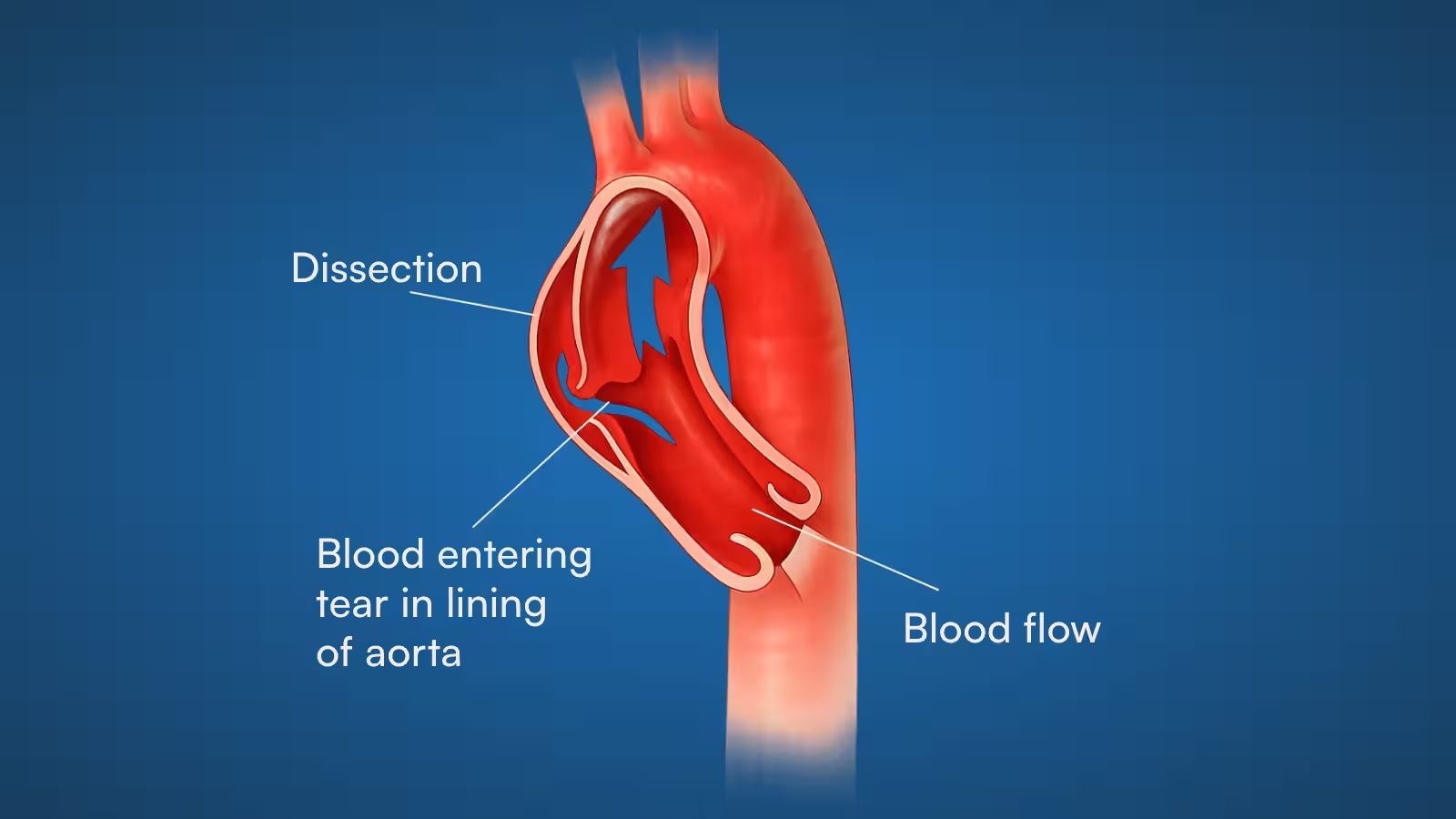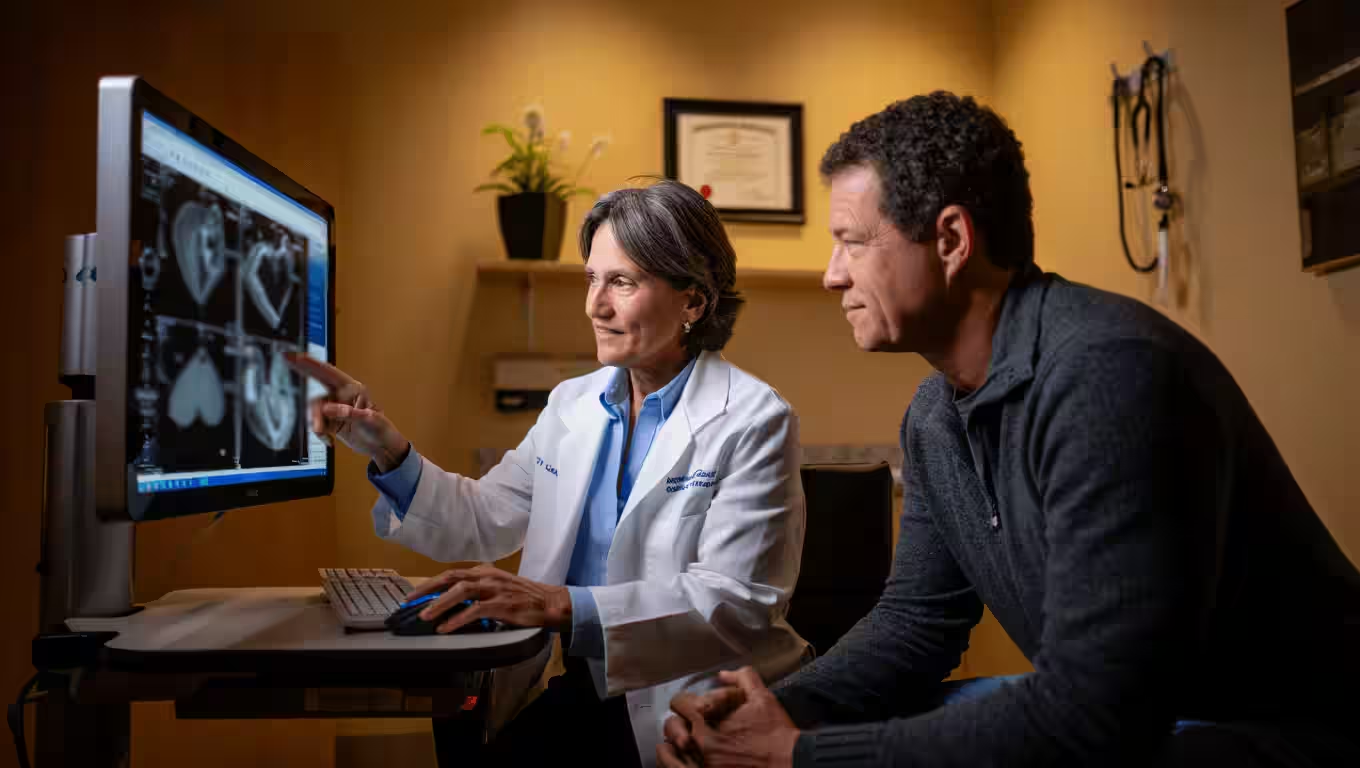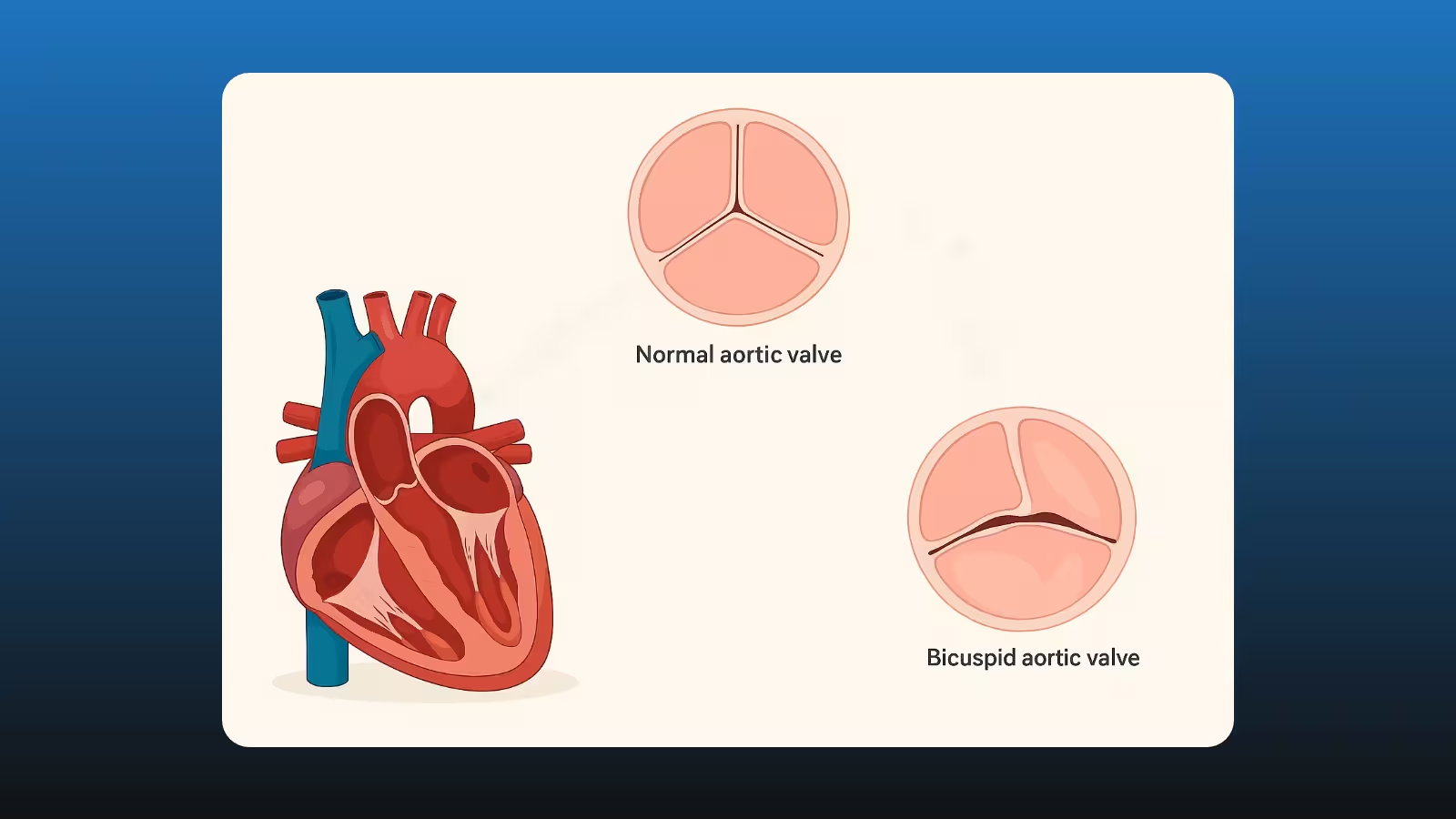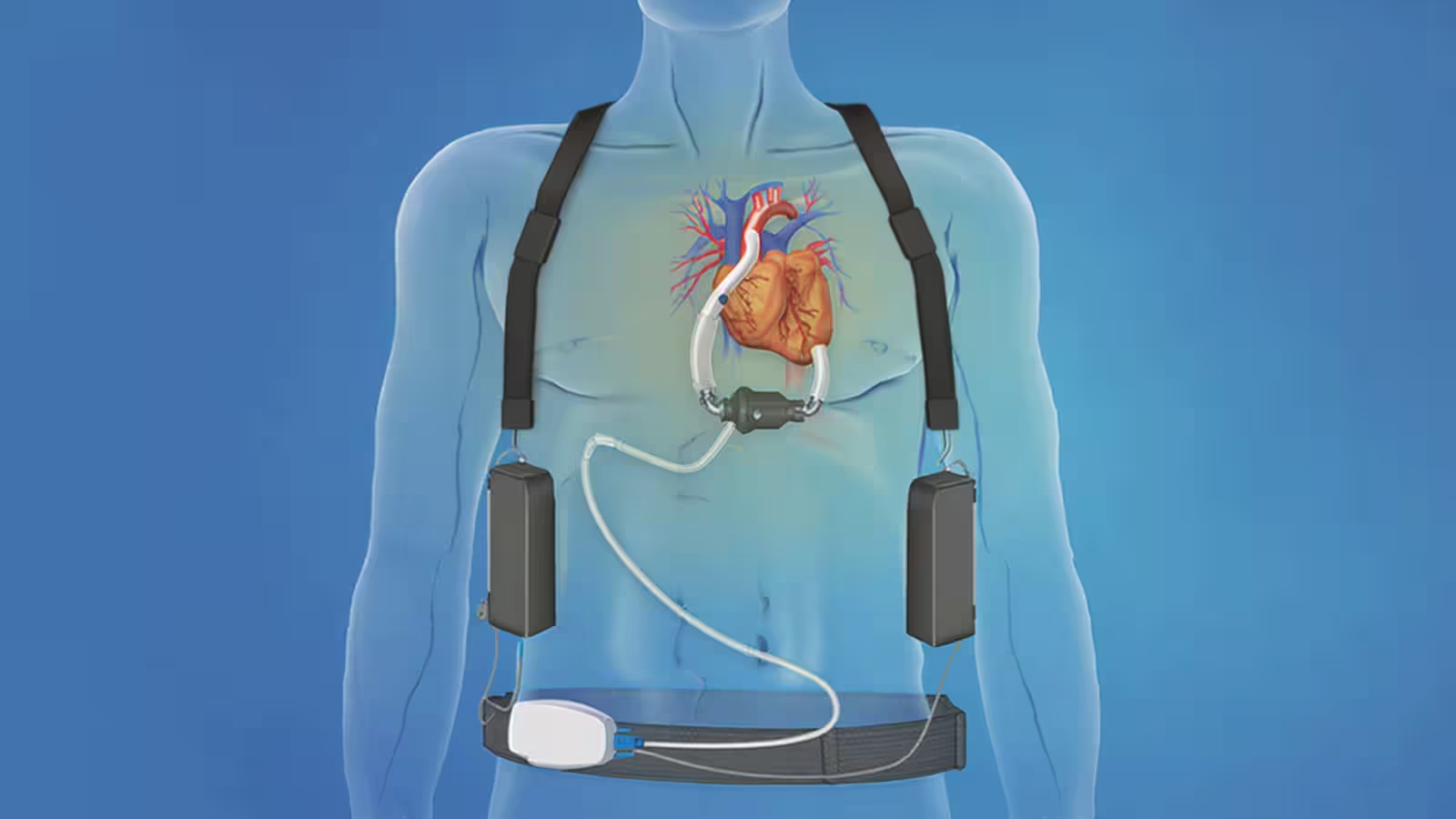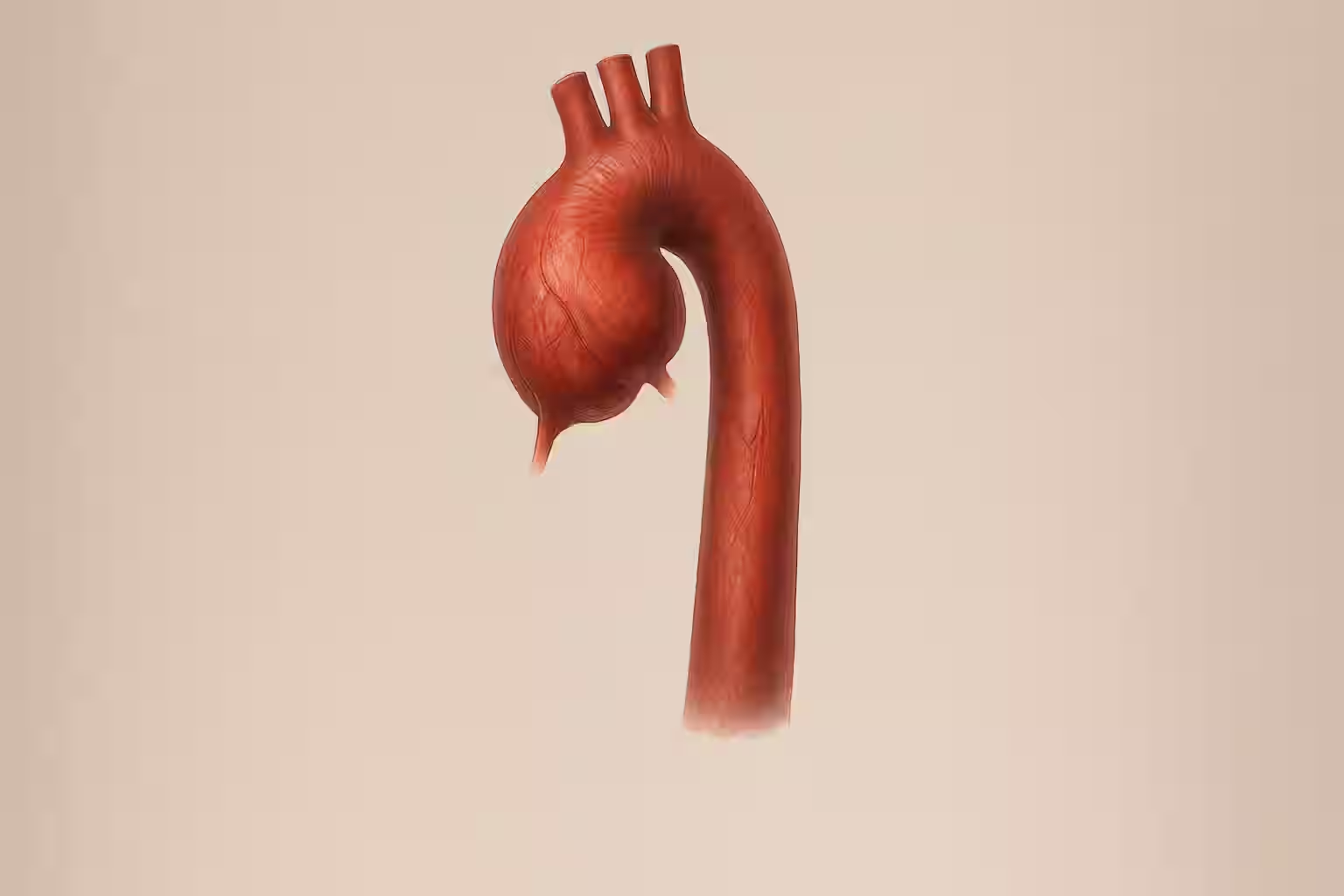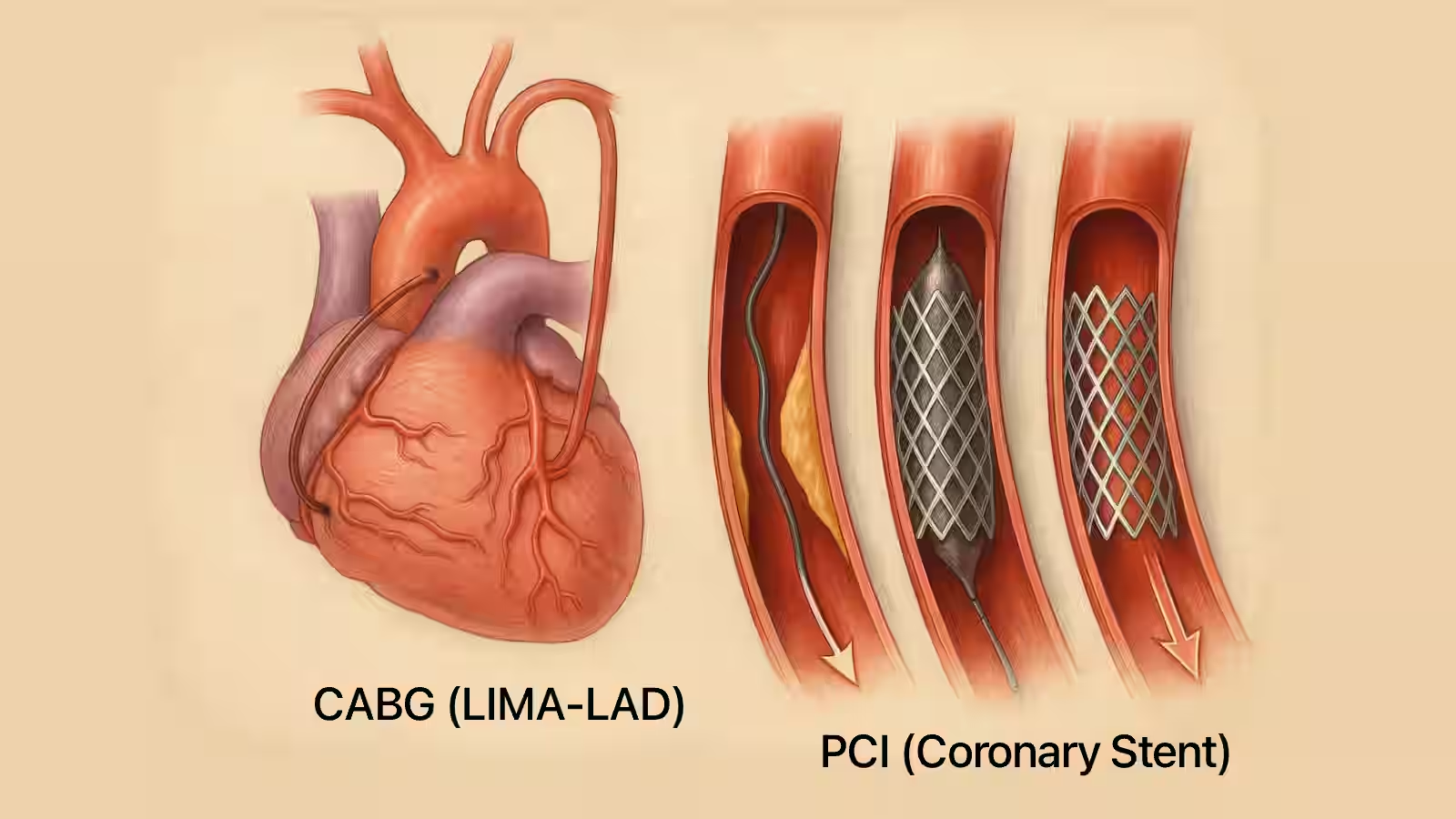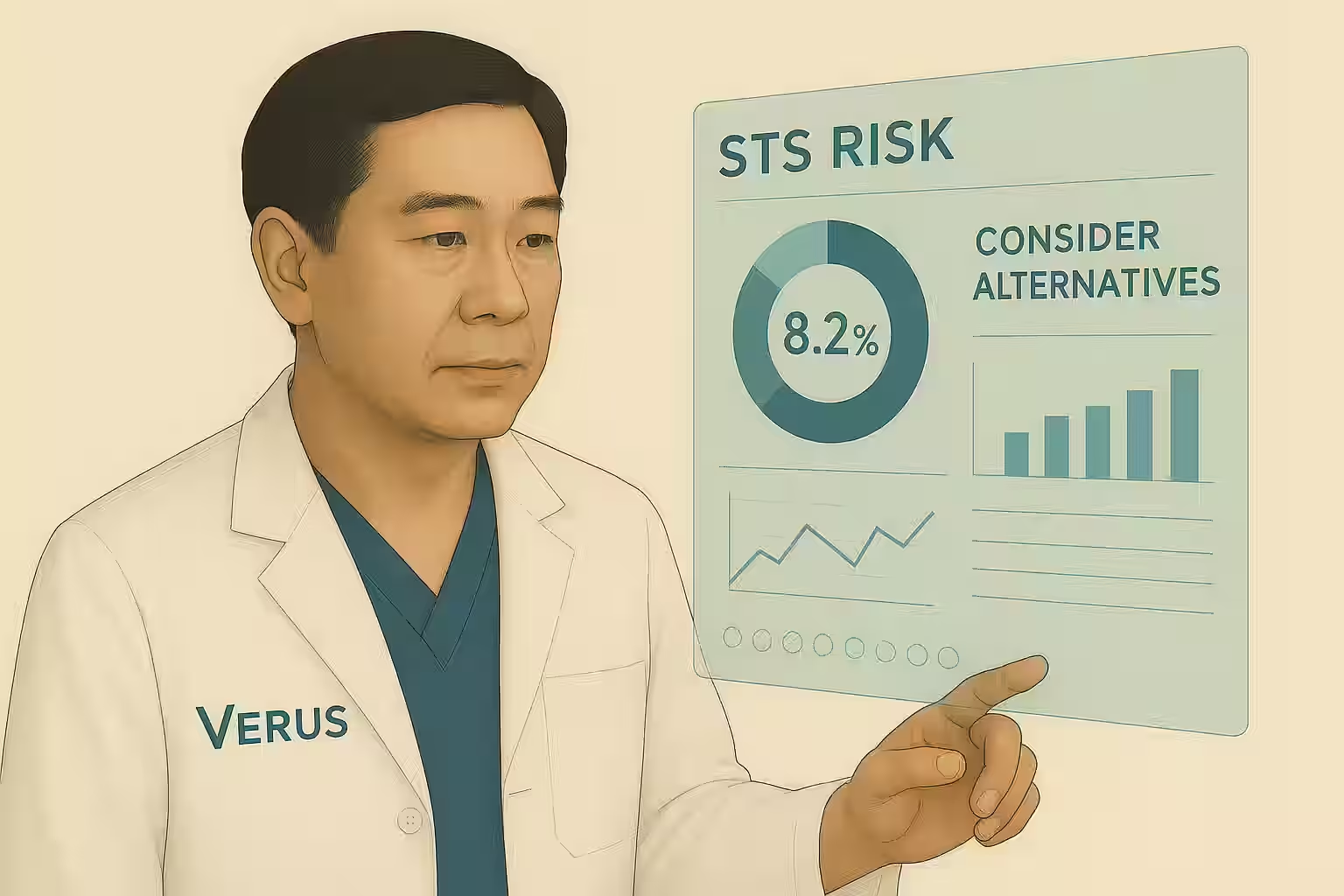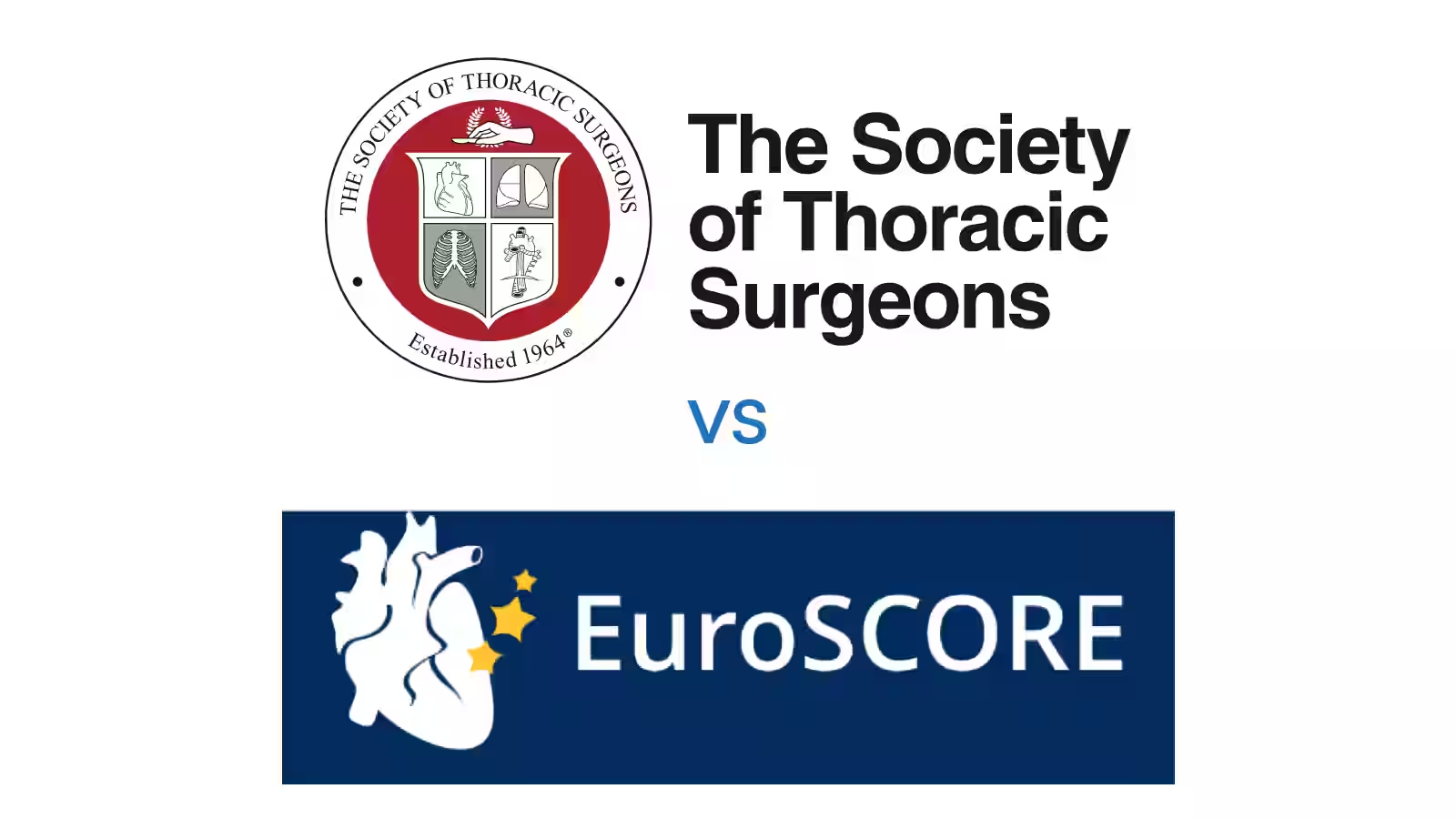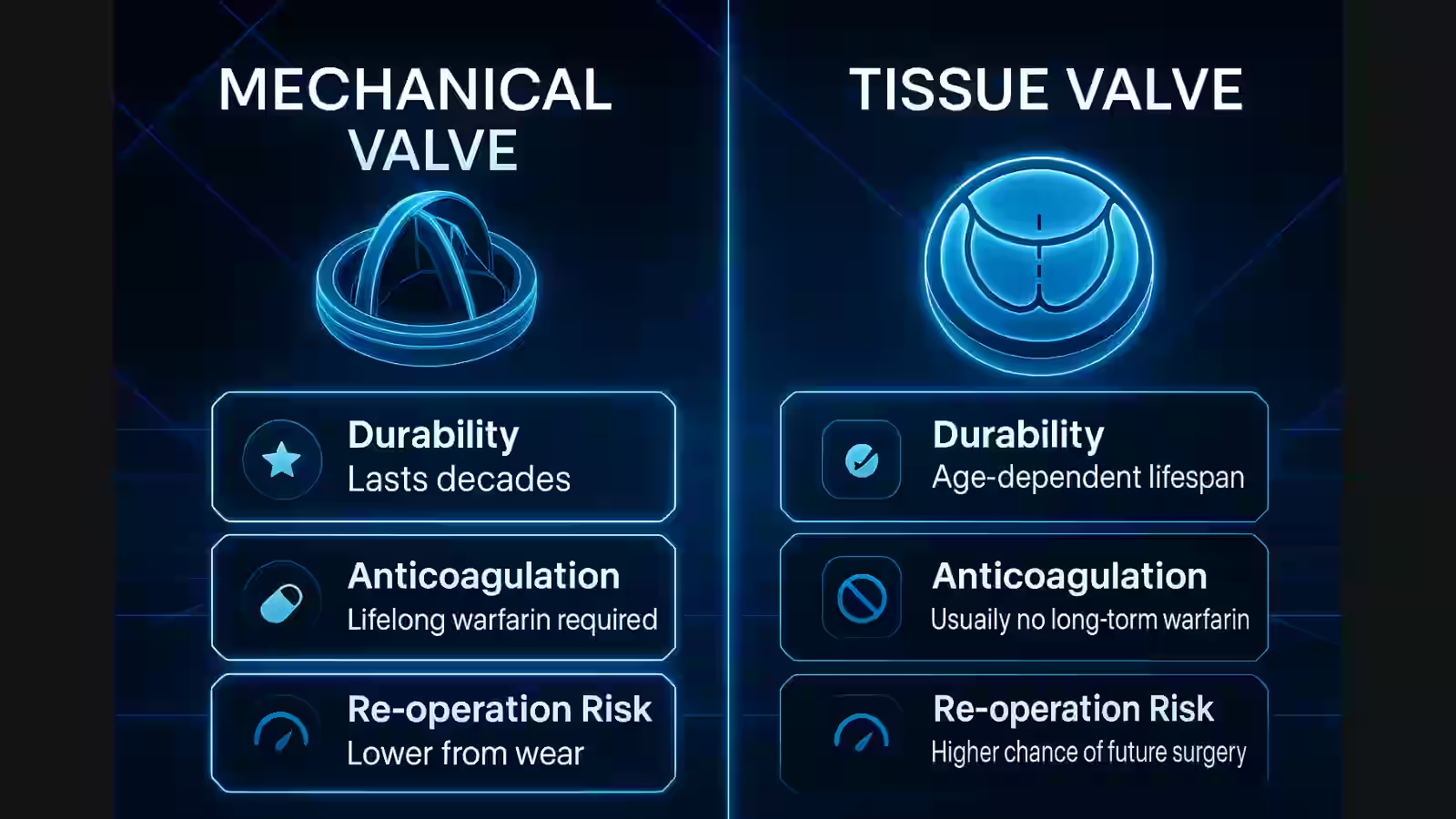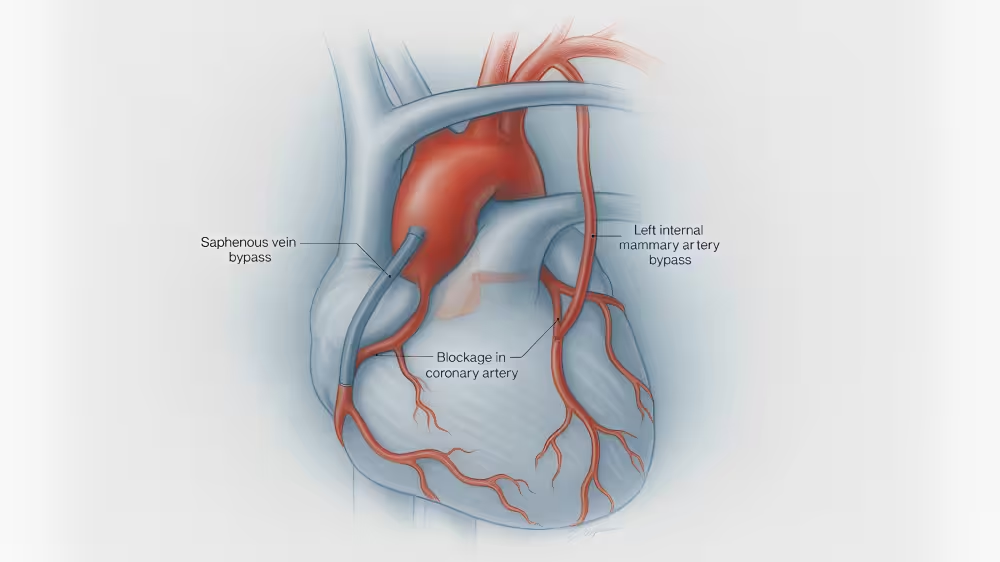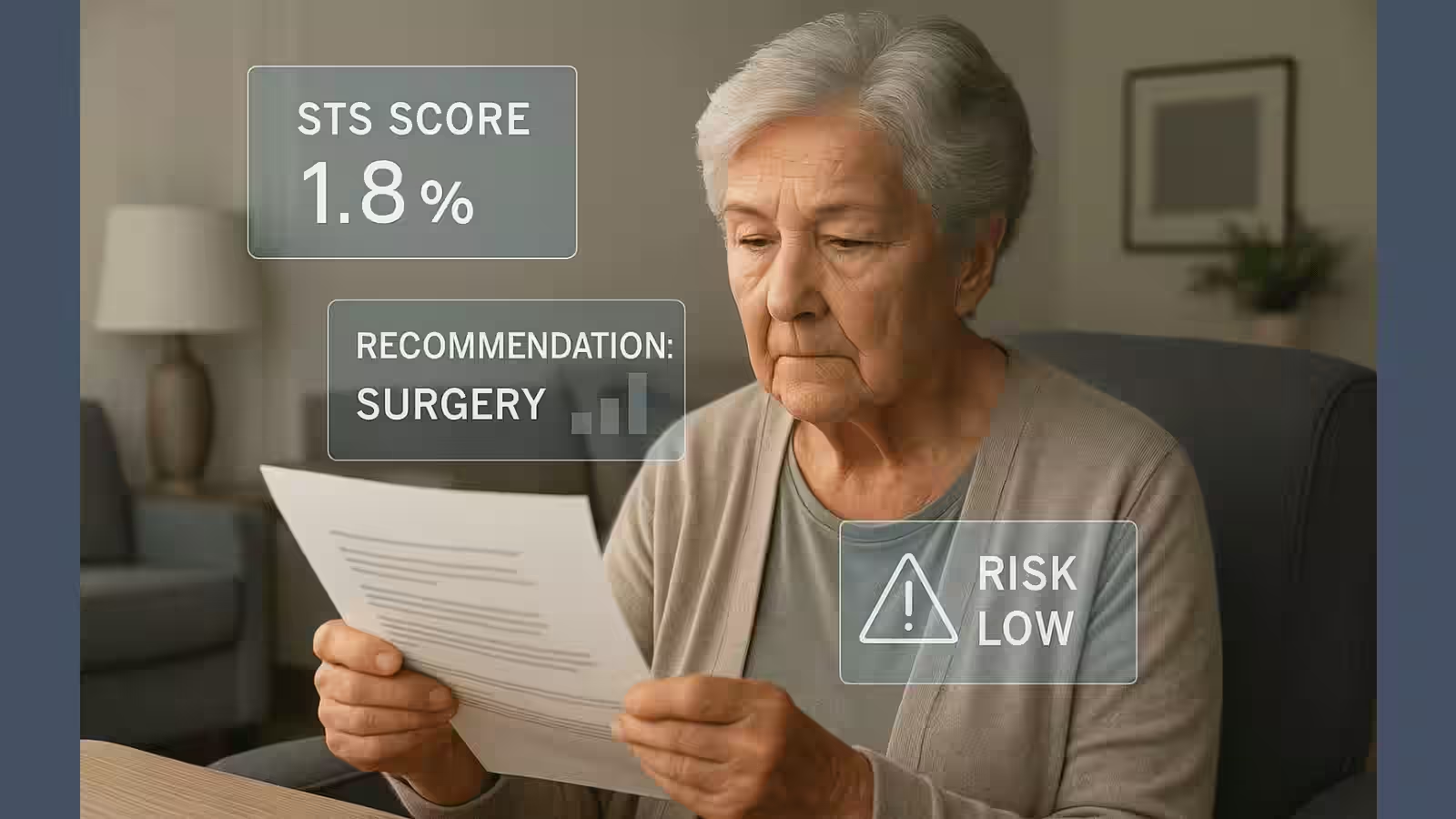Introduction
When a loved one needs heart surgery, the first question is often where to go? A strong signal is experience - how many heart operations a hospital and its surgeons perform each year. The evidence shows that, for many procedures, higher volume correlates with better outcomes, especially lower mortality. Still, volume is a proxy, not a guarantee. This article explains what volume means, how big the differences can be, when exceptions occur, and exact steps to evaluate a hospital anywhere in the U.S.
What “volume” means - and why it can matter
- Hospital volume: annual number of specific heart operations (e.g., isolated CABG, aortic valve surgery, TAVR).
- Surgeon volume: annual number of those operations performed by your surgeon.
- Why it matters: higher-volume teams tend to recognize and rescue complications faster (the “failure-to-rescue” concept), thanks to seasoned staffing, protocols, and 24/7 resources.
How big is the difference?
- For adult cardiac procedures, higher-volume hospitals and higher-volume surgeons generally show lower risk-adjusted mortality.
- Typical thresholds studied for CABG have included hospital volumes around ≥200 cases/year** and surgeon volumes of ≥50–125 cases/year; at or above these levels, relative mortality can be meaningfully lower after risk adjustment.
- Absolute risk at many centers is still low; what changes with experience is the consistency of good outcomes and the ability to handle complex cases.
It’s not just CABG - valves and TAVR show it too
- Valve surgery (SAVR, mitral): Higher center volume has been linked to lower operative mortality and better composite outcomes.
- TAVR: Even after programs mature, lower-volume centers often have higher 30-day mortality than higher-volume centers, supporting volume/experience requirements.
Surgeon volume matters - independently
Your surgeon’s experience adds to the hospital effect. Studies show independent associations between both surgeon and hospital volume and operative mortality for major cardiovascular procedures. When possible, aim for an experienced surgeon within an experienced program.
Quality > volume alone: important exceptions
- Low-volume, high-quality programs exist, particularly where teams are tightly coordinated and outcomes are transparently tracked.
- High-volume, underperforming programs also exist. What predicts success is the bundle: risk- adjusted outcomes, reliable ICU staffing, perfusion and anesthesia expertise, adherence to protocols, and rapid-return-to-OR capability.
- Bottom line: Use volume as a starting point, then confirm quality with objective measures.
How to check a hospital (step-by-step)
1. Check Medicare Care Compare (CABG mortality)
- Search your city/state, select Hospitals, open a hospital’s profile.
- Under Complications & deaths, look for “Coronary artery bypass graft (CABG) 30-day mortality.” CMS reports risk-standardized results as better than / no different than / worse than the national average.
2. Check STS Public Reporting (procedure-specific star ratings)
- Go to Society of Thoracic Surgeons → Adult Cardiac.
- Review star ratings (1–3) for CABG, aortic valve, mitral valve, combined cases. Prefer 3-star when feasible, but consider sample size and case mix.
3. Scan hospital-wide safety
- Use the Leapfrog Hospital Safety Grade as a tie-breaker for overall patient safety culture (not cardiac-specific)
4. Ask the program directly
- Last year’s volumes for isolated CABG, isolated AVR, mitral repair/replacement, combined valve+CABG, and TAVR if relevant.
- Latest STS star ratings and risk-adjusted mortality for each procedure.
- ICU coverage: 24/7 cardiothoracic ICU intensivist presence?
- Rescue capability: on-site ECMO, rapid re-operation, robust blood bank protocols.
- Care coordination: early cardiac rehab, discharge planning, and structured follow-up.
5. Look for state report cards (if available)
- Some states (e.g., New York, New Jersey) publish hospital- and surgeon-level cardiac surgery outcomes. Check your state health department website.
Quick Comparison table
Should you travel to a higher-volume center?
Consider traveling if:
- You need complex surgery (redo operations, multiple valves, aortic aneurysm/dissection).
- Local programs show below-average risk-adjusted results or very low volumes for your procedure.
- You can reach a higher-performing center without delaying surgery.
Staying local can be reasonable when:
- Your local hospital has good risk-adjusted outcomes and strong ICU/safety systems.
- Personal needs (dialysis schedules, caregiving, mobility, cost) are better supported close to home.
When in doubt, request a second opinion - virtual visits make this straightforward and fast.
What to ask your cardiac surgeon
- How many (of my) operations did you personally perform last year?
- What is this hospital’s STS star rating and risk-adjusted mortality for it?
- If a complication occurs, who is in-house overnight, and how quickly can you return me to the OR?
- Do you have 24/7 cardiac ICU intensivists and ECMO on site?
- How soon will I start cardiac rehab, and who coordinates follow-up?
Key takeaways
- Experience matters: higher-volume hospitals and surgeons tend to have lower mortality, driven in part by better failure-to-rescue.
- Volume isn’t everything choose based on risk-adjusted outcomes, safety systems, and team expertise - not counts alone.
- Use public tools: Care Compare for CABG mortality and STS for procedure-specific star ratings; confirm details directly with the program.
---
If you're not sure how nearby hospitals compare - or whether it’s worth traveling, we can help you pull the data, interpret the fine print, and arrange a second opinion quickly.


